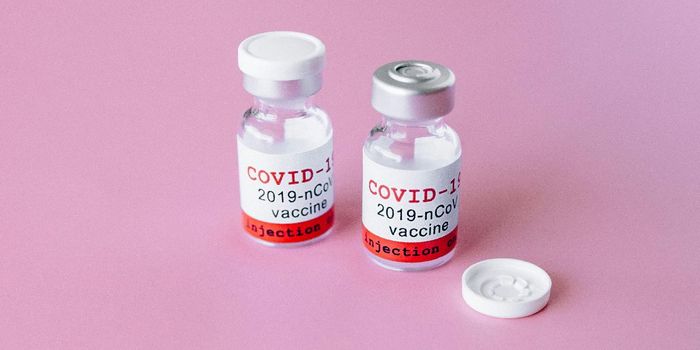Rosemary Compound May Reduce for Cocaine Sensitivity
An antioxidant found in rosemary extract regulates the brain’s reward response and reduces the volitional intake of cocaine in mice. The findings may pave the way for treatments for those at risk of substance use disorder. The associated study was published in Neuron.
"There are currently no effective therapeutics for dependence on psychostimulants such as cocaine, which, along with opioids, represent a substantial health burden," said corresponding study author Kevin Beier, associate professor of physiology and biophysics at the University of California Irvine, in a press release.
"Our study deepens our understanding of the basic brain mechanisms that increase vulnerability to substance use disorder-related outcomes and provides a foundation for the development of new interventions,” he added.
Previous research indicates that the globus pallidus externus (GPe), an area of the brain's basal ganglia key for controlling conscious and proprioceptive movements, plays a critical role in cocaine-induced behavioral plasticity. In the current study, researchers investigated the molecular and circuit mechanisms underlying its function in mice.
They found that GPe parvalbumin-positive cells- which indirectly influence dopamine release- become more excitable after exposure to cocaine. This leads to reduced expression of specific proteins that encode membrane channels that help regulate globus palludus cell activity.
The researchers further found that GPe parvalbumin-positive cell activity correlated with behavioral responses in cocaine-naive mice following cocaine exposure, effectively predicting sensitivity to the drug.
Treating the mice with carnosic acid, a psychoactive component of Salvia rosmarinus (rosemary) extract, reduced GPe parvalbumin-positive cell excitability and reduced cocaine reward, sensitization, and volitional intake.
"Only a subset of individuals are vulnerable to developing a substance use disorder, but we cannot yet identify who they are. If globus pallidus cell activity can effectively predict response to cocaine, it could be used to measure likely responses and thus serve as a biomarker for the most vulnerable. Furthermore, it's possible that carnosic acid could be given to those at high risk to reduce the response to cocaine." said Beier.
Future research includes a thorough assessment of the negative side effects of carnosic acid to determine dosage and timing. The researchers are also interested in testing whether the compound could reduce desire for other drugs, and in developing more potent and targeted variants.
Sources: Science Daily, Neuron









